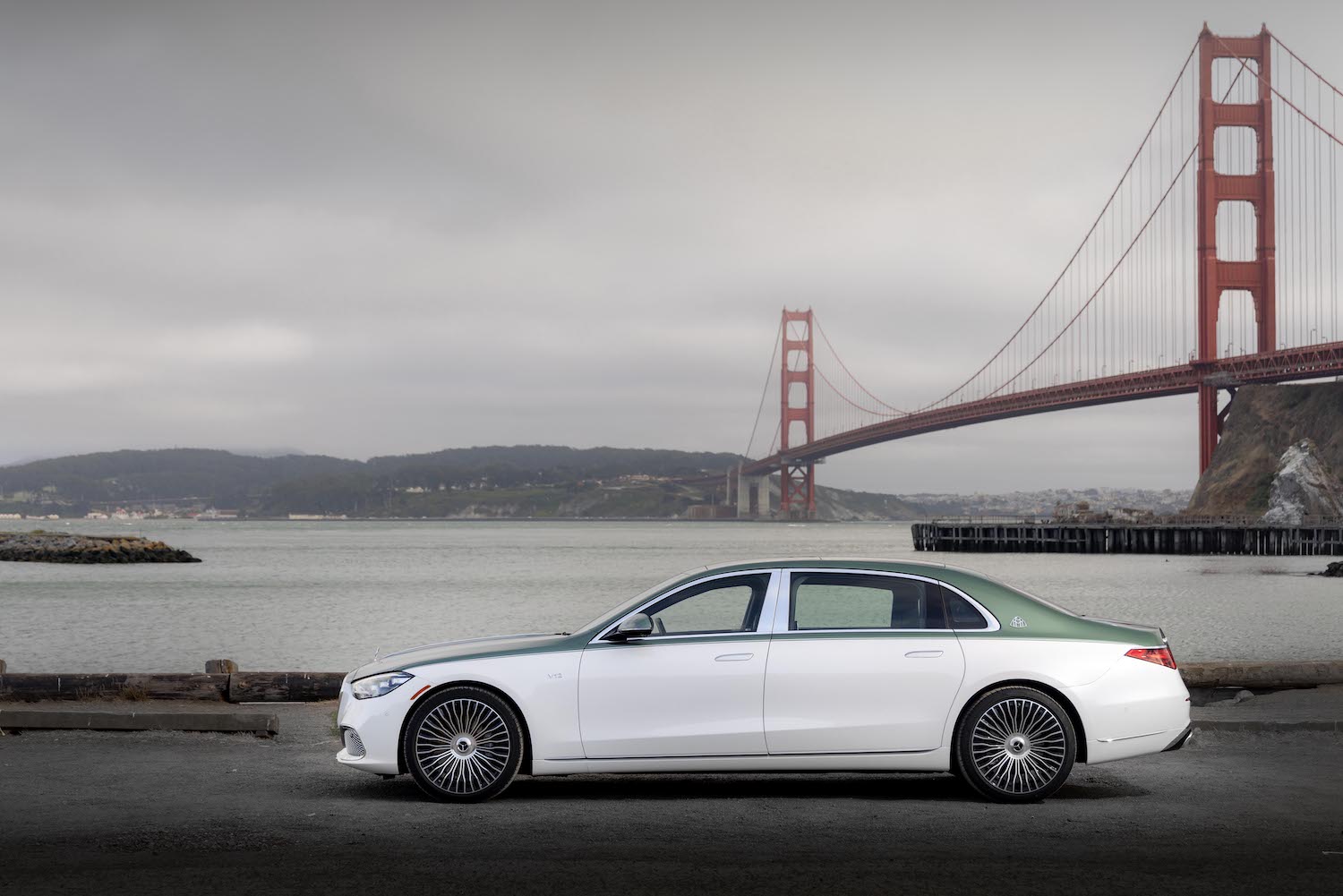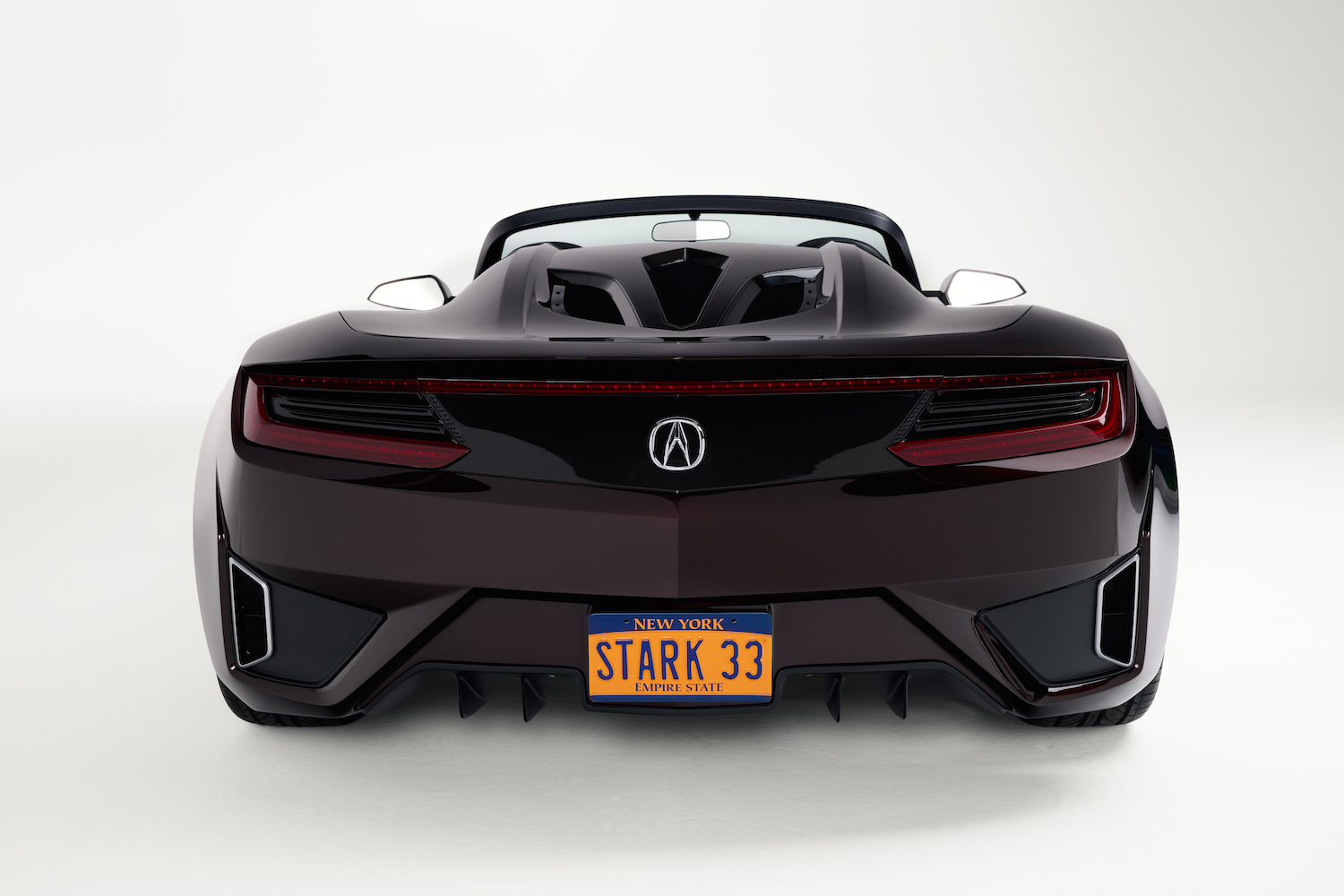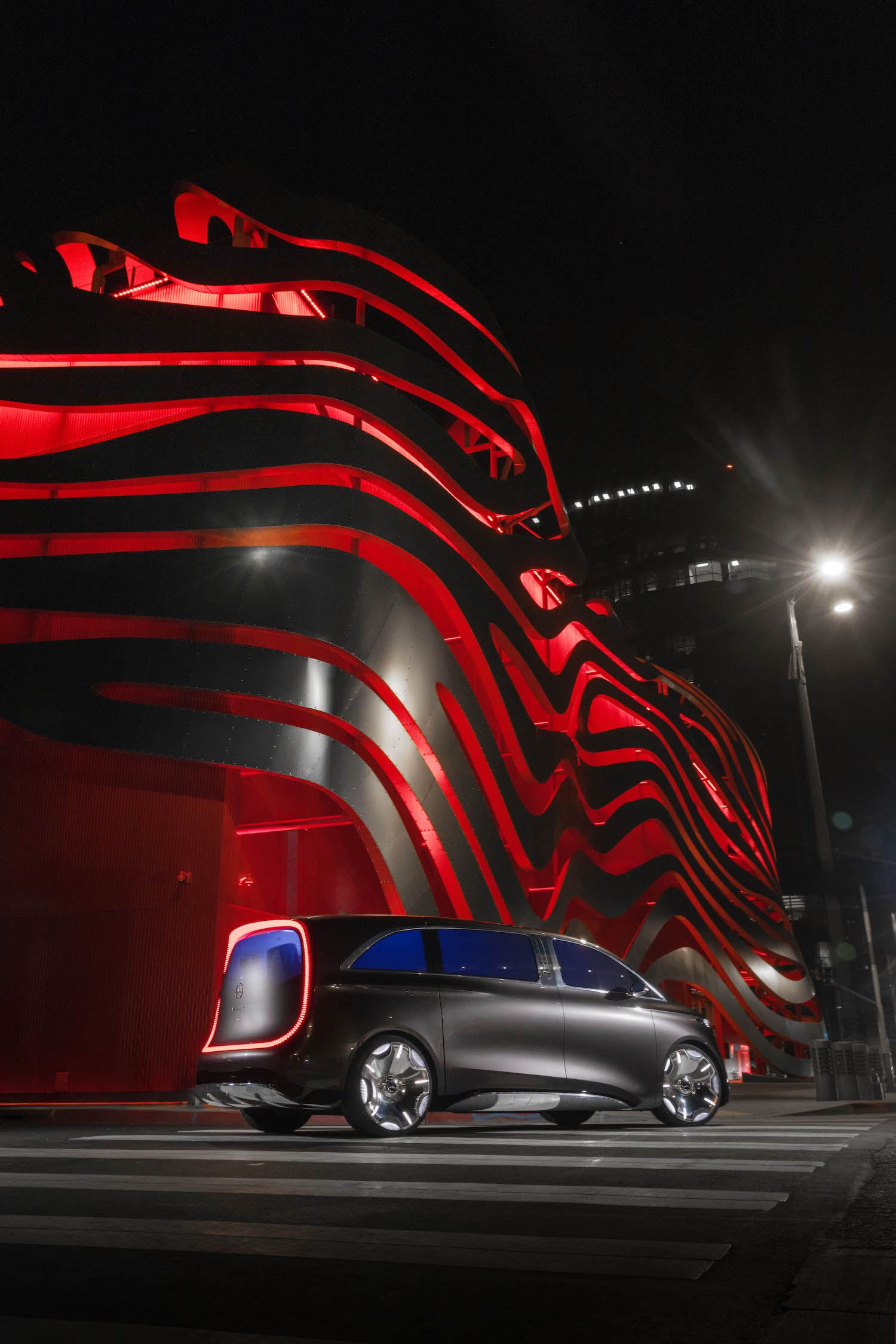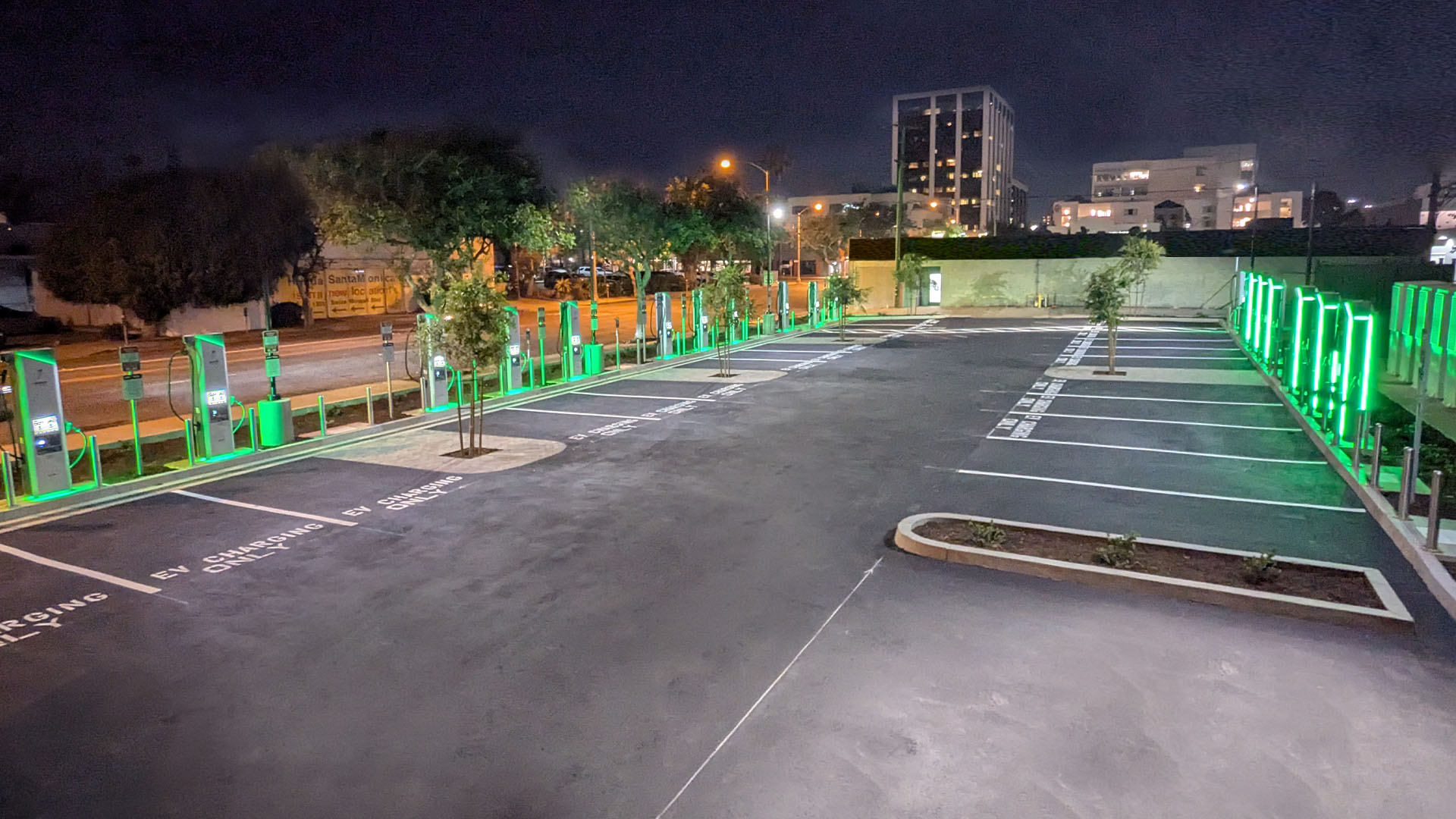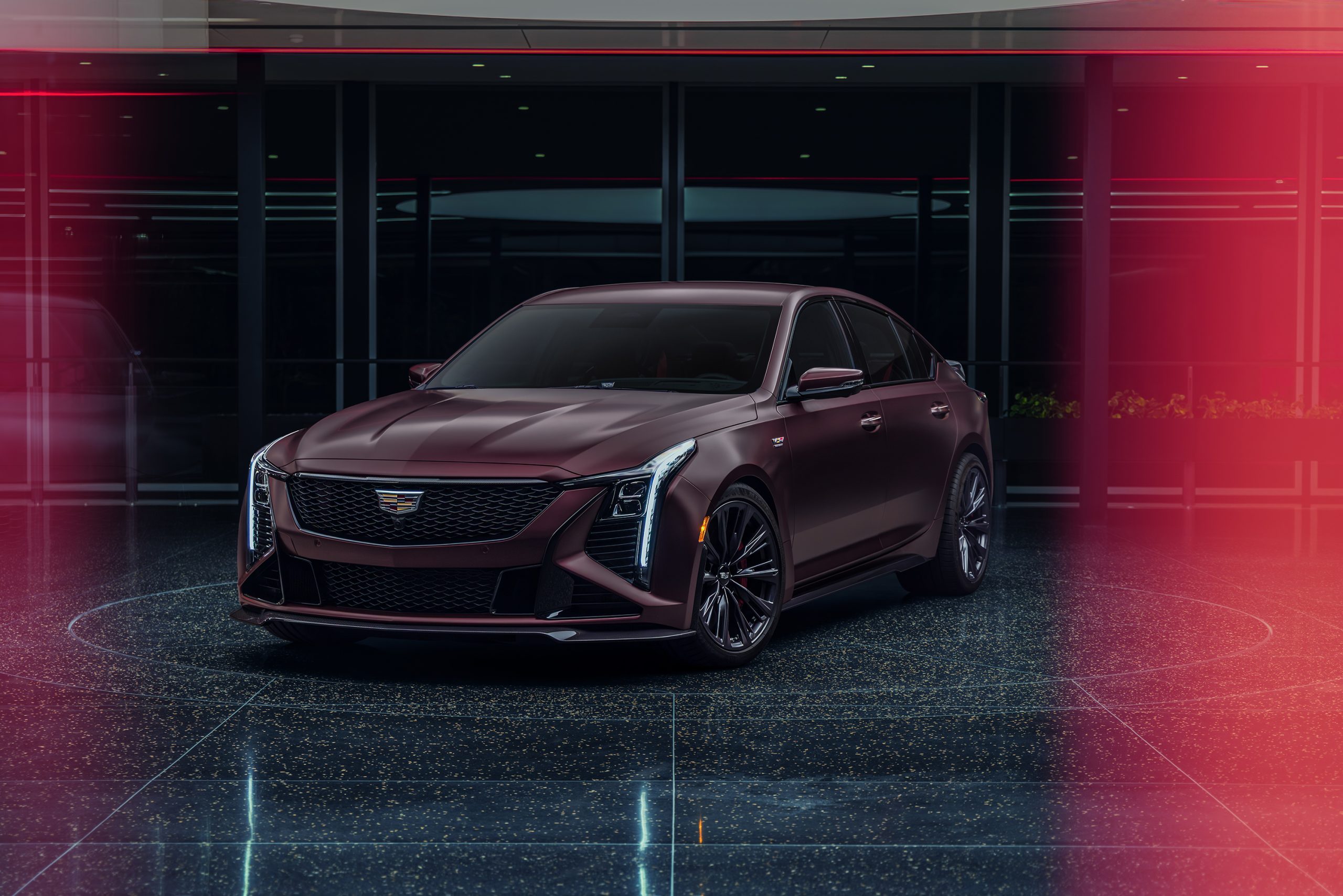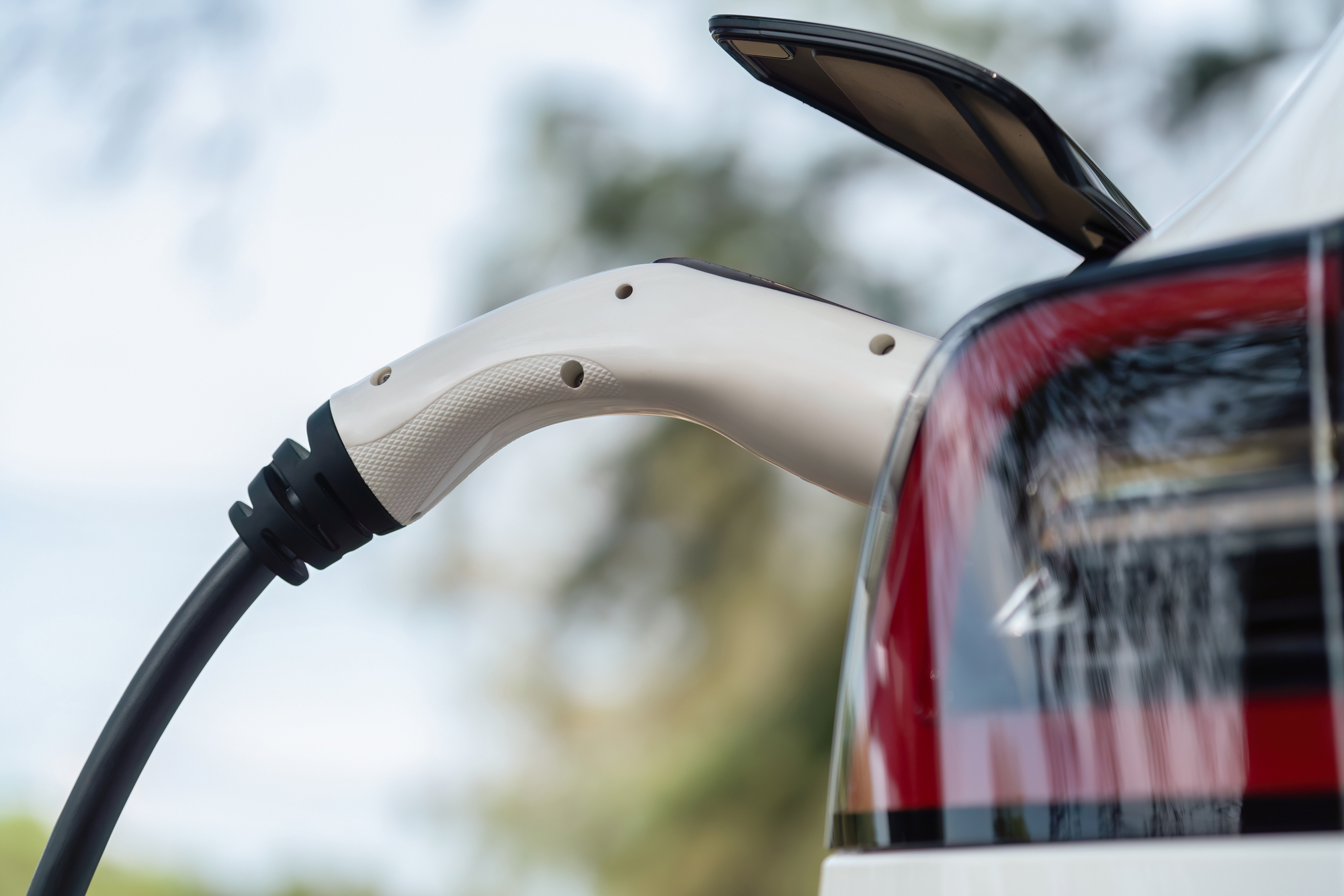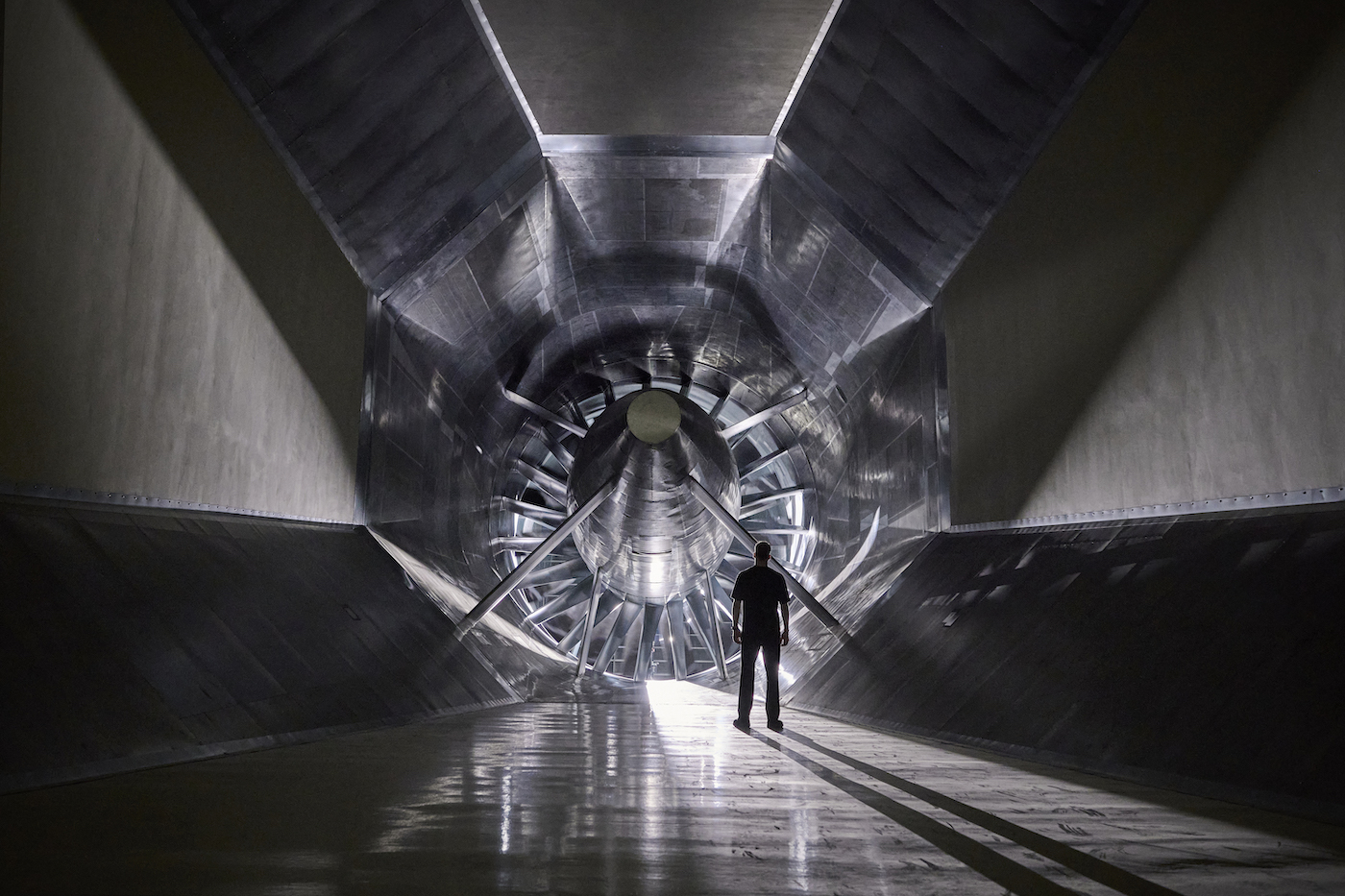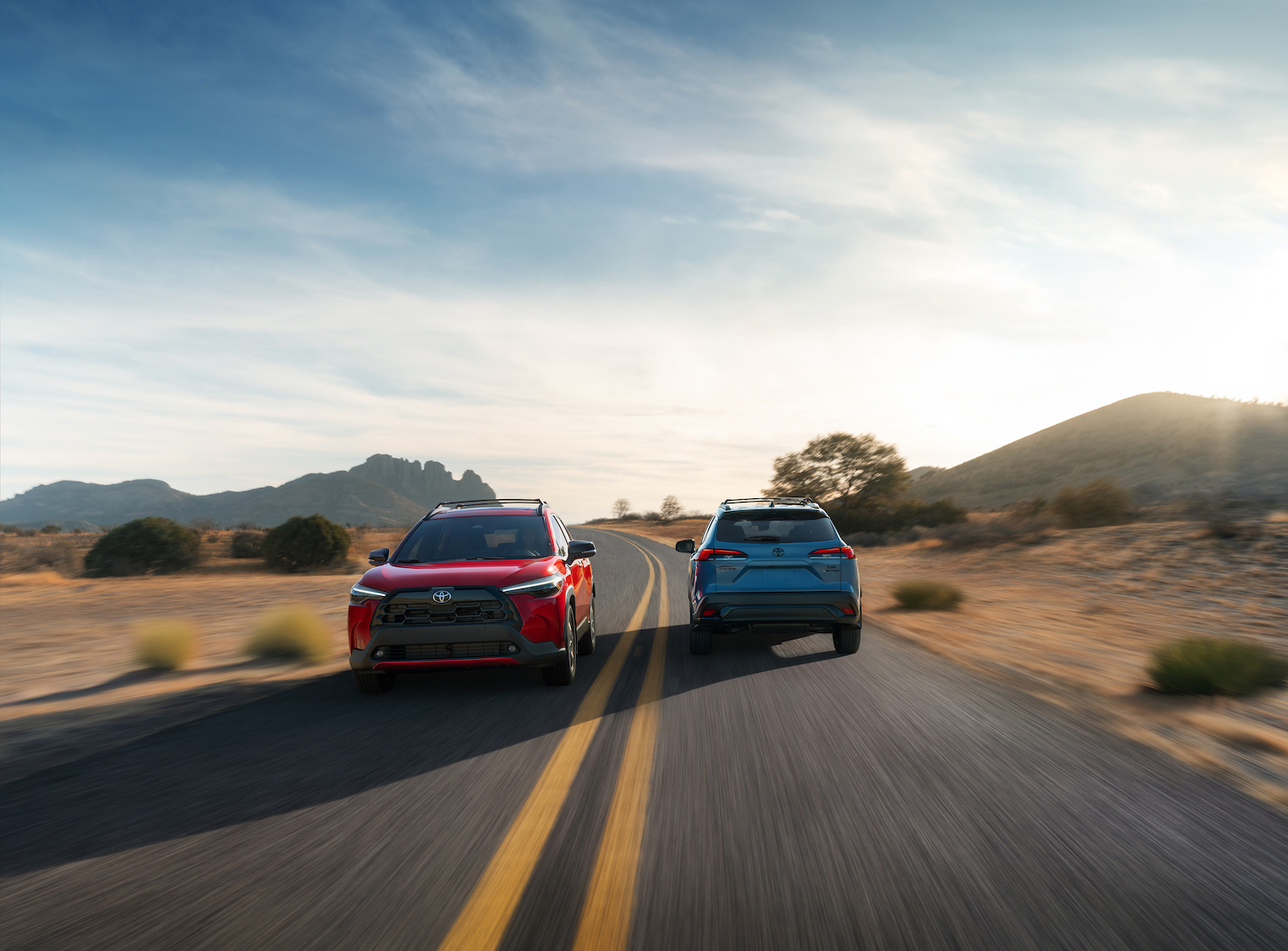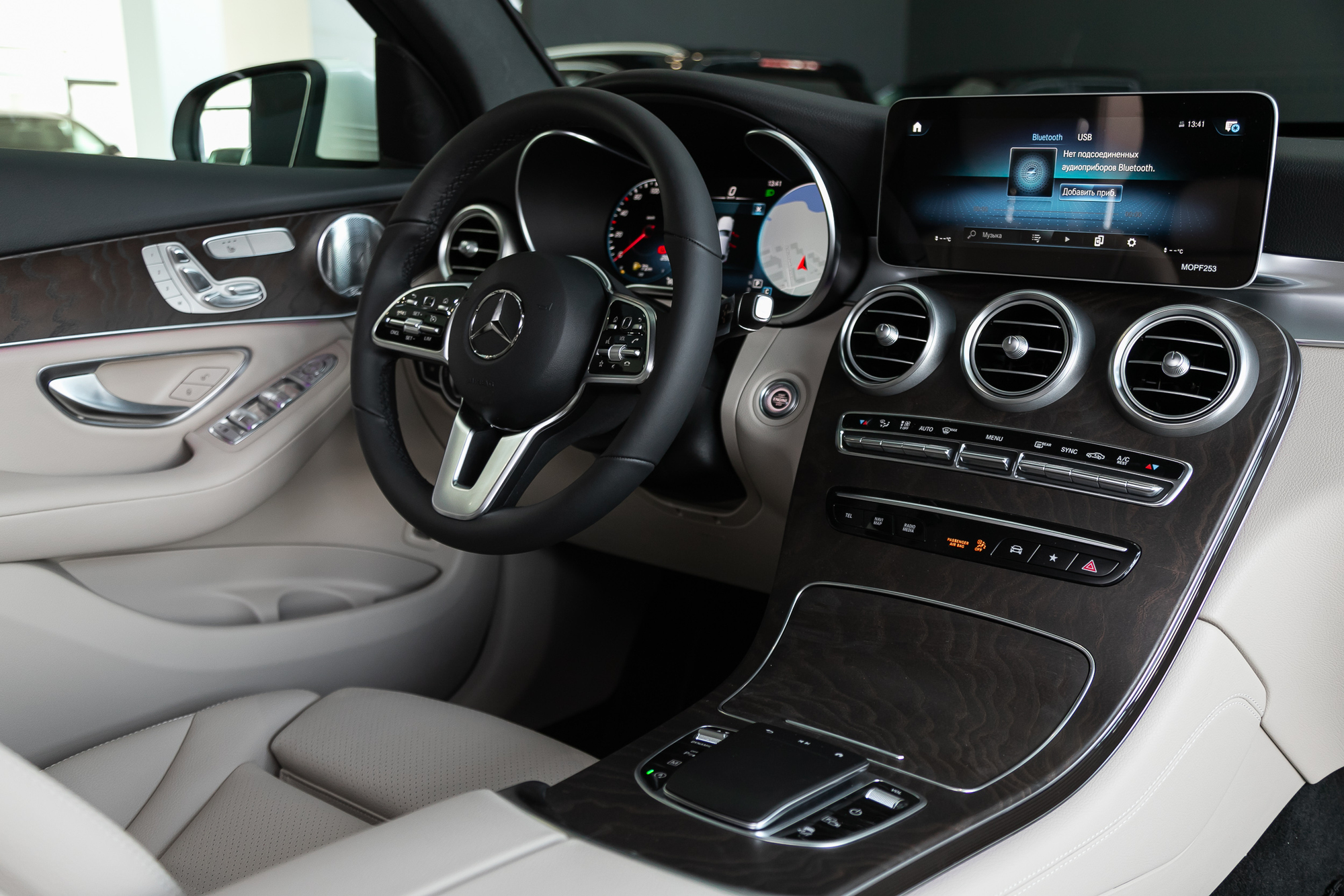Toyota’s Shifting Strategy in the US Electric Vehicle Market
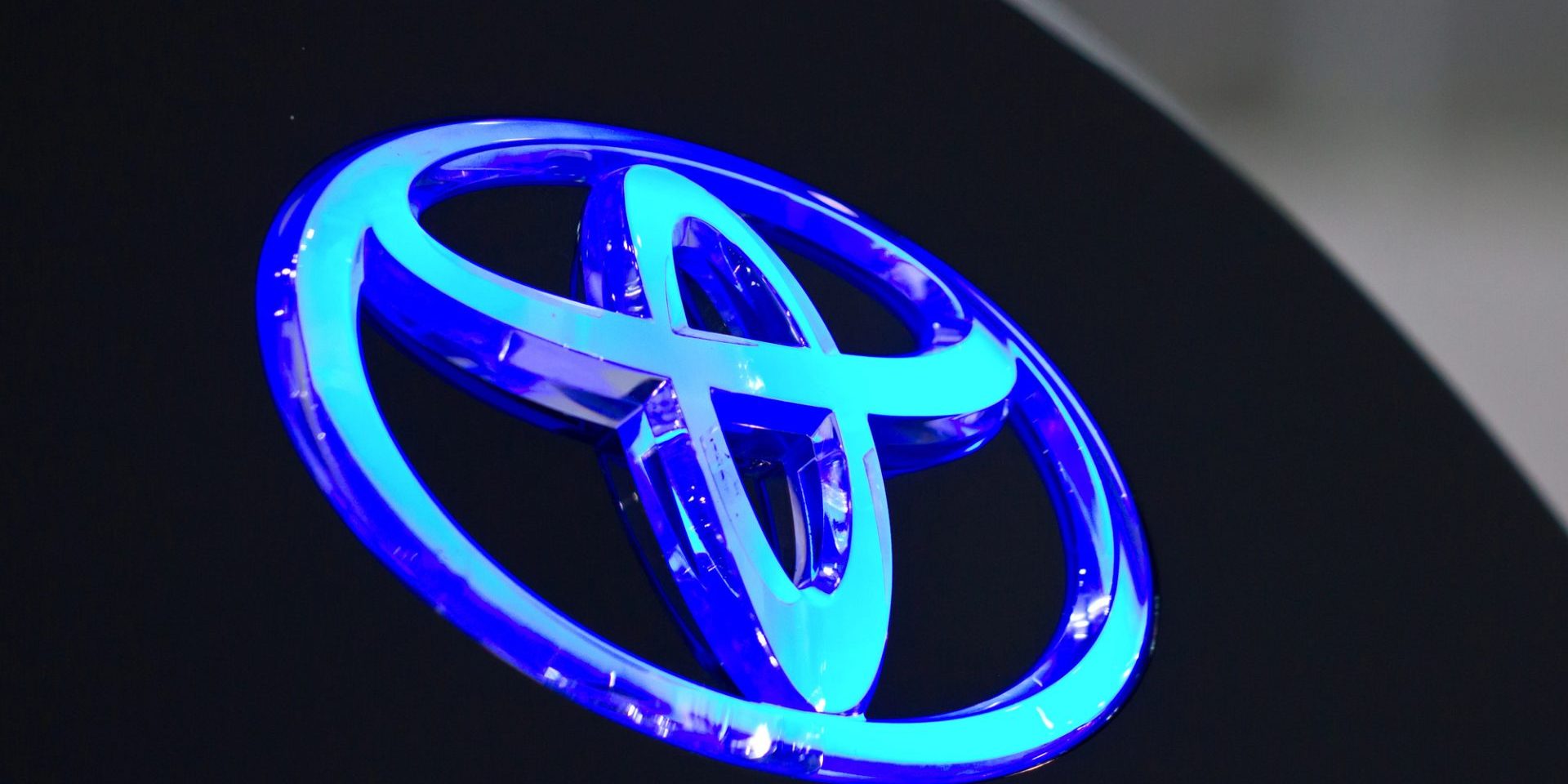
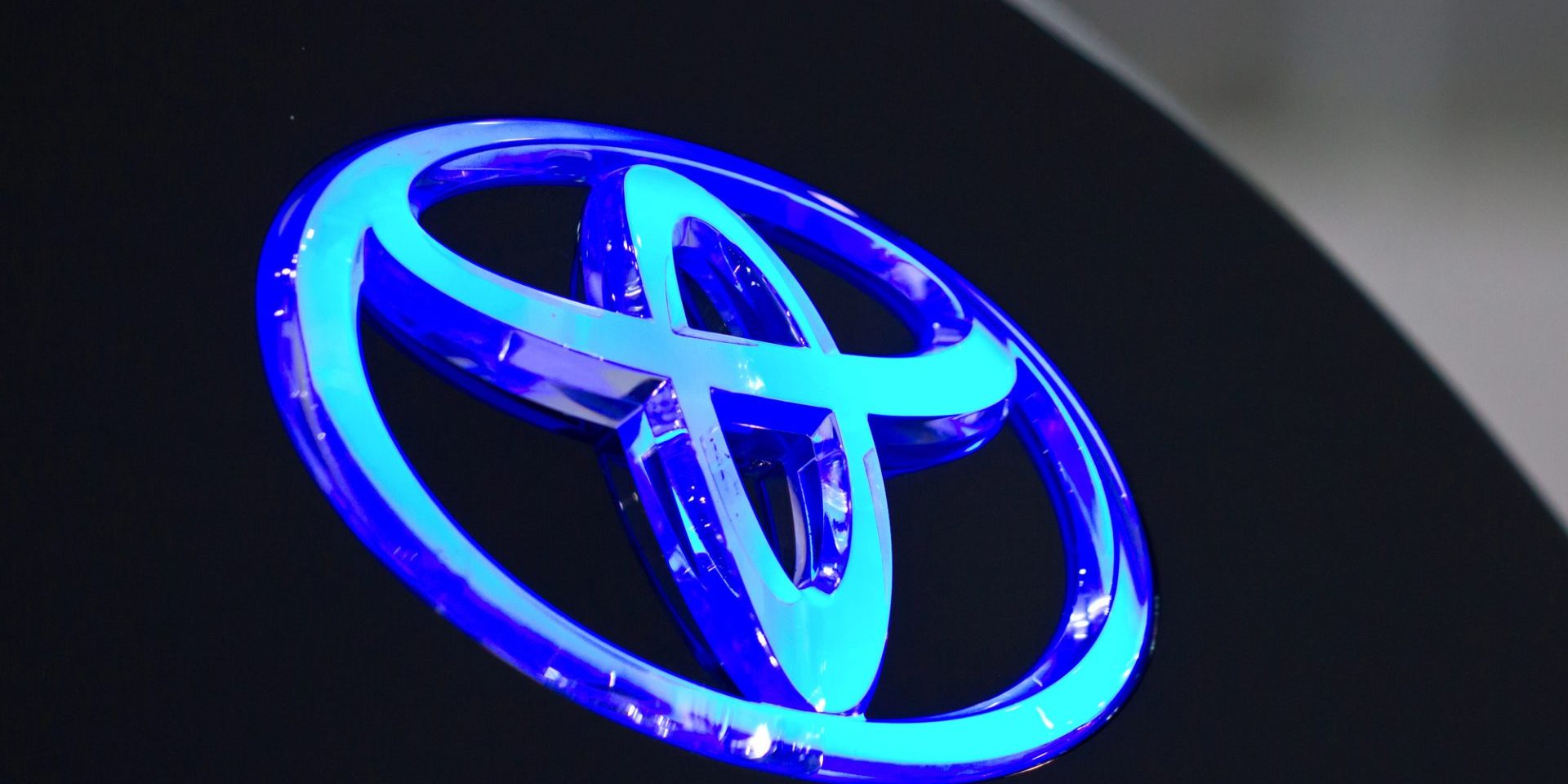
Once the undisputed leader of the global automotive industry, Toyota has witnessed other carmakers making significant strides in the realm of electric vehicle (EV) manufacturing over the past decade. However, the Japanese giant is not one to be left behind and has been actively working on a plan to regain its foothold in the American car market by introducing battery-powered vehicles by 2025. Recent developments, however, suggest that Toyota may be scaling back its ambitious EV plans in response to the slowing global demand for battery-powered cars
Toyota’s Revised EV Strategy
In a surprising move, Toyota has announced its decision to delay the production of battery-powered vehicles in the United States. This drastic change of plans is directly linked to the declining global demand for EVs. As a result, Toyota’s much-anticipated foray into the American EV market is now expected to materialize no earlier than 2026.
Toyota is not alone in this decision; other prominent carmakers, such as Volvo (now owned by China) and Ford, have also cut down their EV production plans in the US. Scott Vaszin, Toyota’s official spokesperson, addressed the move by stating, “We’re still focused on our global [battery electric vehicle] target of 1.5M vehicles by 2026.” He further clarified that the company’s original plan to make “5 to 7 [battery electric vehicles] in the US market” remains unchanged.
Investments and Aspirations
Despite the setback, Toyota has not retracted its earlier commitment to invest approximately $1.3 billion in its Kentucky-based factory. This substantial investment is crucial to the company’s ambitious American plans and could be a game-changer for the Tokyo-based automaker.
Toyota’s plans for the US market include the development of a three-row electric sports utility vehicle (E-SUV) at the Kentucky facility. Additionally, the company aims to establish a new facility in Indiana, which is already a significant base for other auto giants such as Subaru and Honda.
The Global EV Landscape
The decision to scale back EV plans in the US is not unique to Toyota and can be attributed to the weakening global demand for electric vehicles. Concerns were raised when Tesla, a prominent player in the EV space, missed Wall Street’s quarterly expectations. This development has led to speculation about a potential decline in annual EV car sales for the first time ever.
Toyota’s shifting strategy in the US electric vehicle market is a reflection of the dynamic and ever-changing landscape of the global automotive industry. While the Japanese automaker remains committed to its long-term EV goals, the decision to delay production in the US is a pragmatic response to the current market conditions. As the demand for EVs continues to evolve, it will be interesting to observe how Toyota and other major carmakers adapt their strategies to navigate the challenges and opportunities that lie ahead. Despite the current setbacks, Toyota’s resilience and innovative spirit are likely to keep the company at the forefront of the automotive industry in the years to come.

